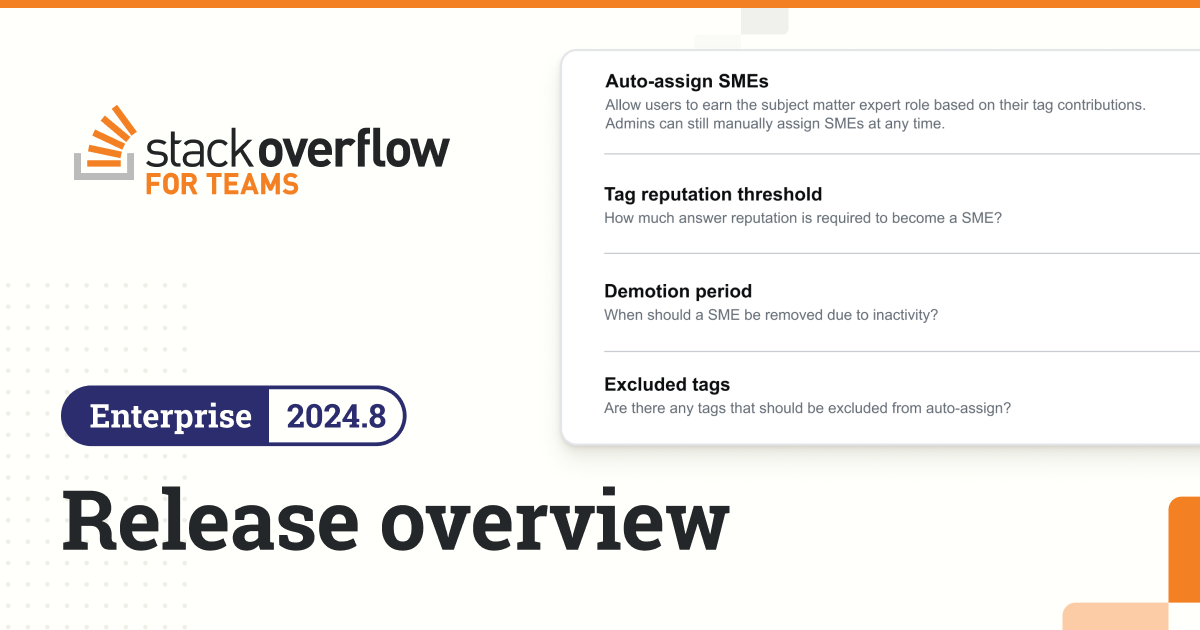I made SQL easy in Go
I hate working with SQL. I dont know why but just something about using it in programming languages is ugly to me. Because of this I tend to avoid it at all costs. I am a total SQL noob. When I've used it in projects in the past its been through libraries like prisma-client-go. This is a really cool package. You define your schema, and run 1 command and you instantly have fully typed Go code to work with. I even used it to create a monitoring mobile app called Cronus. I used it a lot but as my schema's grew in complexity, so did the generated go files. It currently sits at 61mb. This would often cause my VSCode to lag and become unusable. Theres also the problem that as your schema grows, Intelisense becomes so overwhelming that its basically useless. I spent the weekend creating a go package that I think is pretty useful. It abstracts away the vast majority of the complexity of working with SQL in Go. Feel free to check out eazydb Creating a Client Not much to change here from the default c, err := eazydb.NewClient(eazydb.ClientOptions{ User: "postgres", Password: "postgres", Host: "localhost", Port: "5432", Name: "postgres", Type: eazydb.POSTGRES, }) Creating a table This is where you start to see just how easy it is, theres also options to handle adding new fields from your structure automatically. Any field with a json tag will be added to the Schema type Users struct { ID int `json:"id"` Name string `json:"name"` Age int `json:"age"` } // Create a table _, err = c.NewTable("users").Fields(User{}).Key("id", dbtypes.SERIAL).Exec() if err != nil { log.Fatalf("could not create table %v", err) } // Shorthand to use later table := c.Table("users") Inserting data Could not be easier, create your data and add it, either 1 at a time or 5000! It'll be handled // Insert data users := makeUsers(5000) metadata, err := table.Add(users).Exec() if err != nil { log.Fatalf("could not insert users table %v", err) } Updating a field Again, very easy. Just define what fields you want updated // Update a field Mat := &User{ Age: 24, } metadata, err = table.Update(Mat).Where( *eazydb.String("name").Equals("Mat"), ).Exec() Want to update every field? No problem // Update a field metadata, err = table.Update(Mat).Exec() Deleting rows Similar to updating // Delete metadata, err = table.Delete().Where( *eazydb.Int("age").Equals(40), ).Exec() Want to limit? Eazy just add a MaxRows() metadata, err = table.Delete().Where( *eazydb.Int("age").Equals(40), ).MaxRows(50).Exec() Fetching data Probably the best part, like every other operation. Just defined what you want to return. Any field with the json tag will be returned var resp []User _, err = table.Get(User{}).Where( *eazydb.Int("age").Equals(24), ).Exec(&resp)

I hate working with SQL. I dont know why but just something about using it in programming languages is ugly to me. Because of this I tend to avoid it at all costs. I am a total SQL noob.
When I've used it in projects in the past its been through libraries like prisma-client-go. This is a really cool package. You define your schema, and run 1 command and you instantly have fully typed Go code to work with. I even used it to create a monitoring mobile app called Cronus.
I used it a lot but as my schema's grew in complexity, so did the generated go files. It currently sits at 61mb. This would often cause my VSCode to lag and become unusable. Theres also the problem that as your schema grows, Intelisense becomes so overwhelming that its basically useless.
I spent the weekend creating a go package that I think is pretty useful. It abstracts away the vast majority of the complexity of working with SQL in Go.
Feel free to check out eazydb
Creating a Client
Not much to change here from the default
c, err := eazydb.NewClient(eazydb.ClientOptions{
User: "postgres",
Password: "postgres",
Host: "localhost",
Port: "5432",
Name: "postgres",
Type: eazydb.POSTGRES,
})
Creating a table
This is where you start to see just how easy it is, theres also options to handle adding new fields from your structure automatically.
Any field with a json tag will be added to the Schema
type Users struct {
ID int `json:"id"`
Name string `json:"name"`
Age int `json:"age"`
}
// Create a table
_, err = c.NewTable("users").Fields(User{}).Key("id", dbtypes.SERIAL).Exec()
if err != nil {
log.Fatalf("could not create table %v", err)
}
// Shorthand to use later
table := c.Table("users")
Inserting data
Could not be easier, create your data and add it, either 1 at a time or 5000! It'll be handled
// Insert data
users := makeUsers(5000)
metadata, err := table.Add(users).Exec()
if err != nil {
log.Fatalf("could not insert users table %v", err)
}
Updating a field
Again, very easy. Just define what fields you want updated
// Update a field
Mat := &User{
Age: 24,
}
metadata, err = table.Update(Mat).Where(
*eazydb.String("name").Equals("Mat"),
).Exec()
Want to update every field? No problem
// Update a field
metadata, err = table.Update(Mat).Exec()
Deleting rows
Similar to updating
// Delete
metadata, err = table.Delete().Where(
*eazydb.Int("age").Equals(40),
).Exec()
Want to limit? Eazy just add a MaxRows()
metadata, err = table.Delete().Where(
*eazydb.Int("age").Equals(40),
).MaxRows(50).Exec()
Fetching data
Probably the best part, like every other operation. Just defined what you want to return. Any field with the json tag will be returned
var resp []User
_, err = table.Get(User{}).Where(
*eazydb.Int("age").Equals(24),
).Exec(&resp)






























.png)





















![‘Companion’ Ending Breakdown: Director Drew Hancock Tells All About the Film’s Showdown and Potential Sequel: ‘That’s the Future I Want for [Spoiler]’](https://variety.com/wp-content/uploads/2025/02/MCDCOMP_WB028.jpg?#)
























